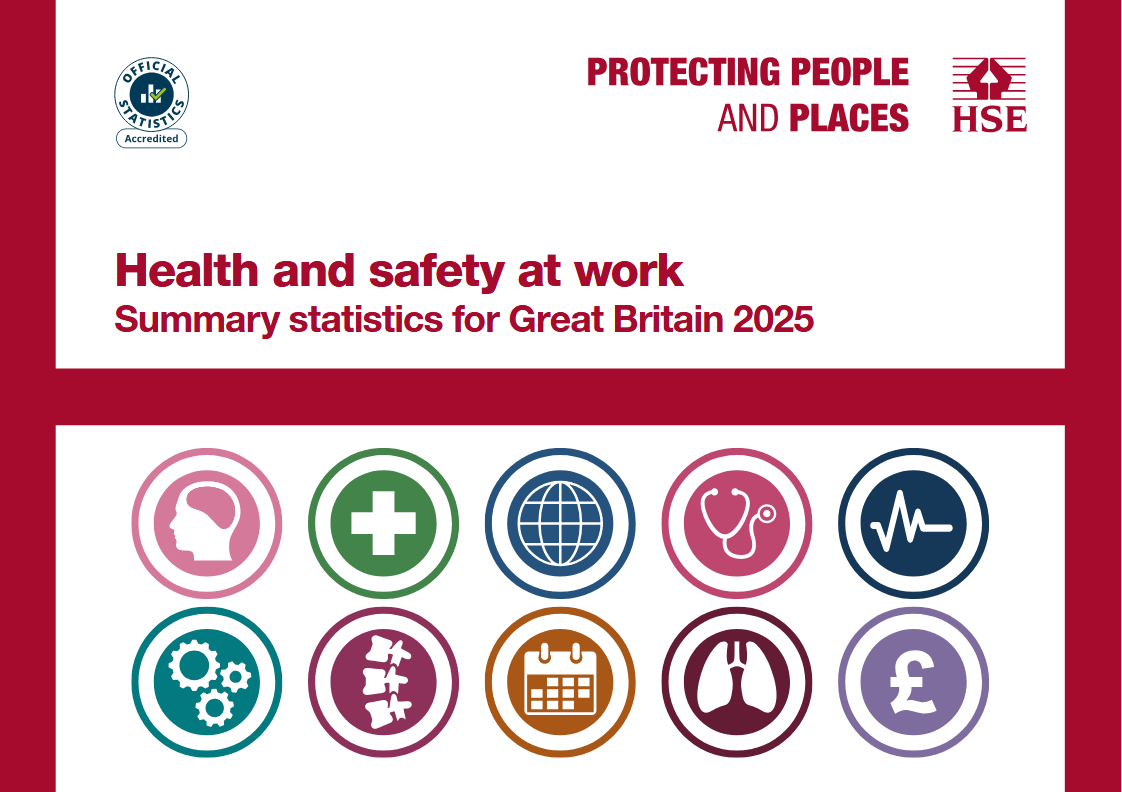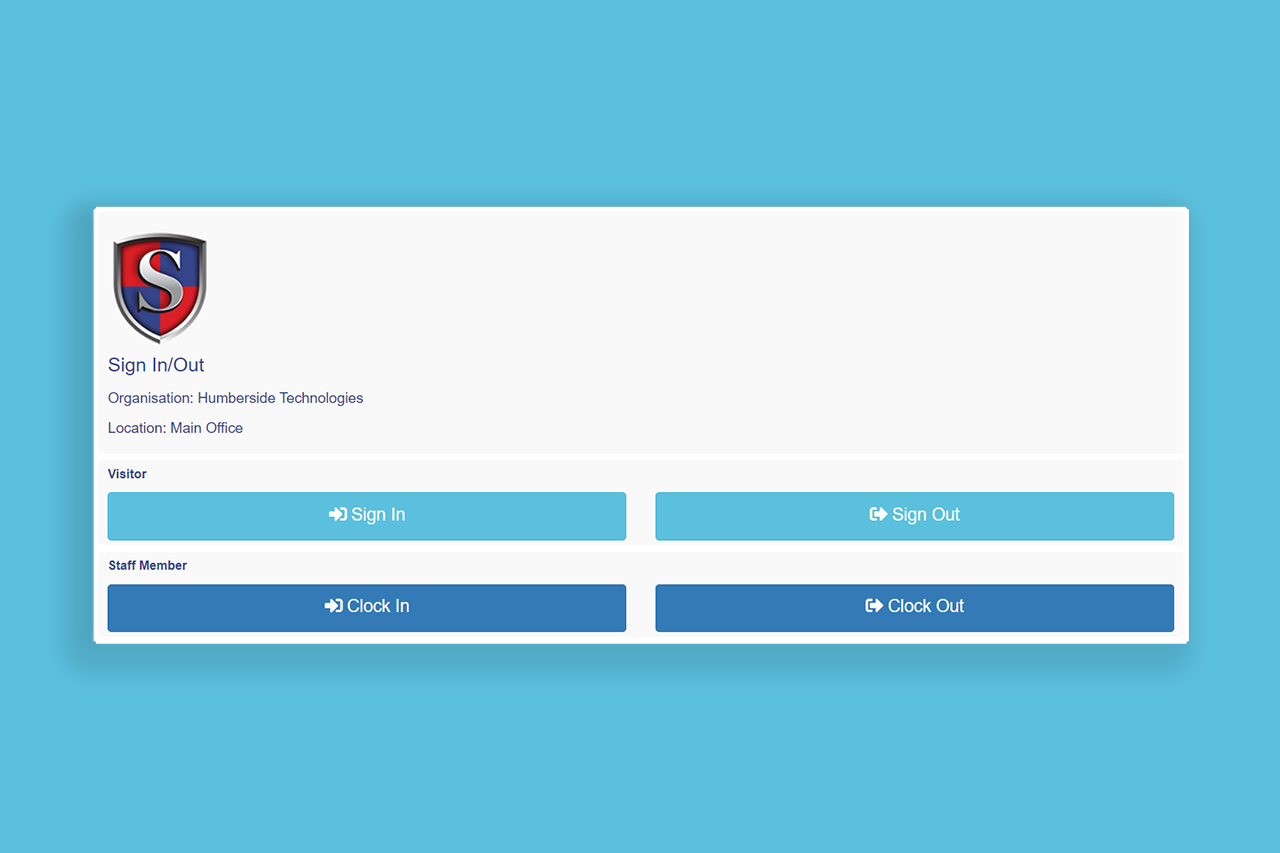Home / News / Managing Psychosocial Risk in the Workplace
Managing Psychosocial Risk in the Workplace

Psychosocial risks within the workplace are caused by unmanageable and excessive workloads, a lack of clarity concerning work roles and the consequent conflicting demands, poor communication and poor management, particularly with regard to organisational changes. Such factors lead to negative psychological, physical and social outcomes, one of the most significant of which is work-related stress. This is a very real concern in the work environment, with research by the European Agency for Safety and Health at Work showing that up to five times more accidents occur when employees are working under pressure. Across Europe a staggering £98.7 billion of lost productivity results a year.
It is clear that psychosocial risks and, in particular, work-related stress are significant factors However, although 79% of companies in Europe have concerns, less than 30% have procedures in place to deal with the problem.
The first step in managing psychosocial risks is learning how to identify its presence in the workplace. The most important thing to remember is that the problem is not a personal or individual fault, but rather a distinctly organisational issue. A stimulating and supportive work environment is beneficial, one which makes unreasonable demands is not. When presented with a situation that is overwhelming, the body’s reaction is stress. This can include emotional and cognitive issues, unwelcome changes in behaviour, as well as both physical and mental ill health.
Be aware of the warning signs. Emotional changes can include anxiety and fatigue as well as deterioration of workers’ relationships with colleagues. If an employee is seen to be having increasing difficulty with concentration and making decisions, this is another potential alarm bell. Watch out for significant changes in behaviour. If an employee lapses into poor time-keeping or becomes careless or even aggressive, this may be due to work-related stress and should be immediately investigated to find the cause. An increased amount of time off work is another sign to look out for, as both physical and mental ill health, such as depression, sleeplessness, stomach problems and back pain, can be caused by stress.
Once you have identified psychosocial risks in the work environment, you can take positive action to address the situation.
- Make sure that, whilst being challenging and stimulating, employees’ workloads are not excessive and that they feel they have control over their tasks. A key part of this is giving employees a chance to ‘own’ their roles by being able to make suggestions and decisions relative to their capabilities.
- Unacceptable behaviours, such as bullying or harassment, lead to stress. These factors may be coming from management or other workers. Identify the source and put measures in place to stop such behaviour. It is more than common than you might think, with almost 60% of workers across Europe stating this as a cause of stress at work.
- A further 72% of workers have concerns regarding job security. Do everything possible to foster job security – offer full information and communication where necessary and, once again, involve staff in plans regarding reorganisation and other significant organisational changes.
- Workers seen to be having difficulty in successfully combining work and home commitments may feel under stress and need management support.
It is the job of management to look out for and handle work-related stress and other psychosocial risks. Be sure that you, your managers and team leaders are aware of the warning signs and know how to handle problems once identified. Remember that psychosocial problems at work are always an organisational issue, and management should be ever-vigilant to spot and handle any such problems.




